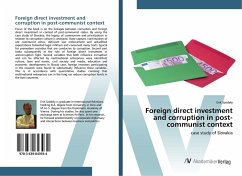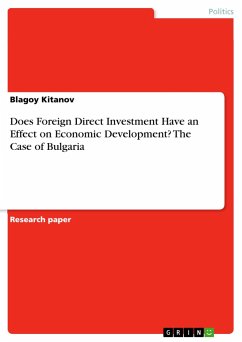Focus of the book is on the linkages between corruption and foreign direct investment in context of post-communist states. By using the case study of Slovakia, the legacy of communism and privatization in relation to corruption culture is analyzed. State capture, continuation of old communist elites, deficient law enforcement and unfulfilled expectations fomented legal nihilism and conserved many traits typical for premodern societies that are conducive to corruption. Second part looks subsequently at the role of foreign direct investment in anticorruption fight. Several variables that both influence corruption and can be affected by multinational enterprises were identified: culture, laws and norms, civil society and media, education and economic development. In Slovak case, foreign investors participating in the research were found to substantially influence these variables. This is in accordance with quantitative studies claiming that multinational enterprises can in the long run reduce corruption levels in the host countries.
Bitte wählen Sie Ihr Anliegen aus.
Rechnungen
Retourenschein anfordern
Bestellstatus
Storno








